Writers, Interrupted
One writer's monthlong journey with her family from her home on the Gulf Coast to three different cities as she searches for a respite from the storm, meeting others along the way whose loss puts hers in perspective.
Jump to navigation Skip to content
Articles from Poet & Writers Magazine include material from the print edition plus exclusive online-only material.
One writer's monthlong journey with her family from her home on the Gulf Coast to three different cities as she searches for a respite from the storm, meeting others along the way whose loss puts hers in perspective.
A writer grapples with his decision to abandon writing, flee New Orleans during Hurricane Katrina, and become a passive witness to a narrative spun by nature.
A writer who stayed in the French Quarter during and after Katrina measures the spirit of America’s oldest Bohemia before its reincarnation.
On Tuesday the second annual United Nations World Oceans Day was observed, a date that also marked the seventh week of the ongoing oil spill in the Gulf of Mexico.
There’s more to novelist Scott Turow than a knack for compelling plotlines and a sales history that stands at more than thirty million books—and we’re not just talking about his day job as an attorney.
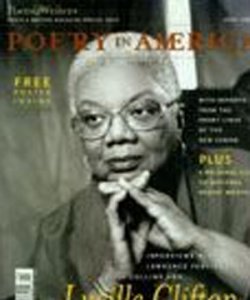
An interview with Lucille Clifton for a special April 1999 issue of the magazine, the cover of which featured the poet.
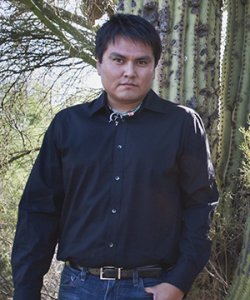
Sherwin Bitsui’s new poetry collection, Flood Song—a sprawling, panoramic journey through landscape, time, and cultures—is well worth the ride.

As the editor in chief of Twelve, Jonathan Karp is always looking for good writing. Considering that half of all the books he’s published there have become best-sellers, that should make a lot of writers very, very excited.
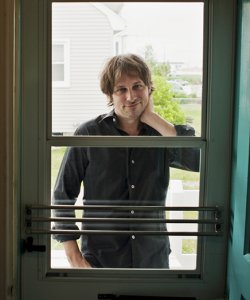
For Anselm Berrigan, whose fourth book of poems, Free Cell, is just out from City Lights, the work that pays the bills is in frequent opposition to the work that fills the page.
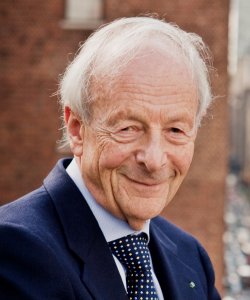
Georges Borchardt has been an agent for more than fifty years. He’s seen authors, editors, and other agents come and go, but two things have never changed: his belief that good writing is a gift and his ability to get it published.
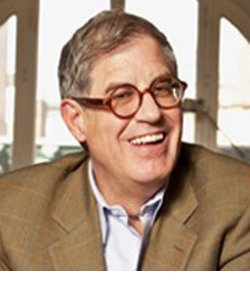
Some publishers may have lost sight of what’s important, but the head of FSG shows his allegiance as he discusses the fallacy of the blockbuster mentality, what writers should look for in agents, and his close bond with authors.
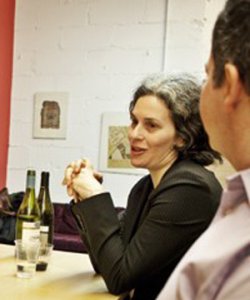
Four agents discuss how the economy is affecting their jobs, where they’re finding new writers, and what totally freaks them out about MFA students.
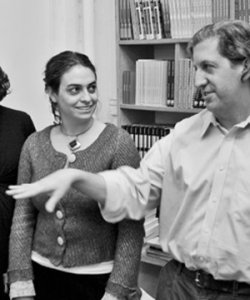
Four young editors, from big houses and small, take some time off to discuss what makes a good manuscript, what they’ve come to expect from their authors, and how much of their work needs to be done at night and on weekends.
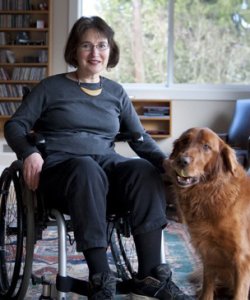
Award-winning poet Lucia Perillo would just as soon surrender the idea of a readership altogether and focus on what truly matters—great poetry.

Four young literary agents meet for an evening of food, wine, and conversation about the writing they’re looking for, how they’re finding it, what they love, what they hate, and ten things writers should never ever do.
Getting there may be half the fun, but for Rolf Potts, author of Marco Polo Didn’t Go There, the art of traveling—and travel writing—raises more important questions than how to go from point A to point B.
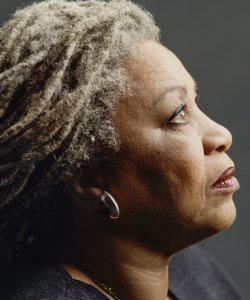
A writer doesn't work for four decades, publish ten books, and win the Nobel Prize without developing a healthy dose of skepticism. This attitude, combined with the confidence to disregard critics, has made Toni Morrison stronger than ever.
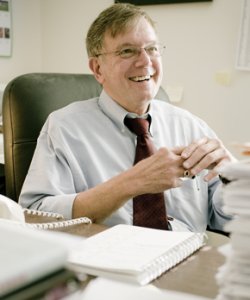
A veteran editor who has worked at publishing houses both large and small, Chuck Adams of Algonquin Books talks about what beginning writers tend to forget, the secret to selling two million copies, and the problem with MFA writing.
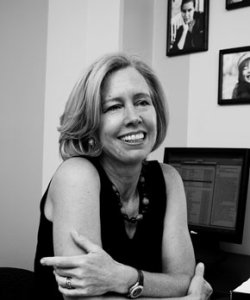
Known as a heavy-hitting agent willing to go to bat for her clients, Molly Friedrich discusses how an author should choose an agent, what she looks for in a manuscript, and what separates great agents from merely good ones.
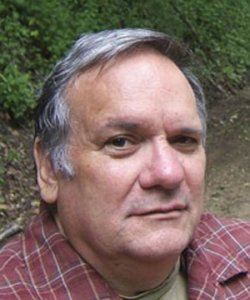
The story of David Rhodes is punctuated by early successes and devastating losses, personal demons and unlikely angels, dogged determination and blind faith, and the next chapter begins with the triumphant return of a major American novelist after a thirty-year silence.